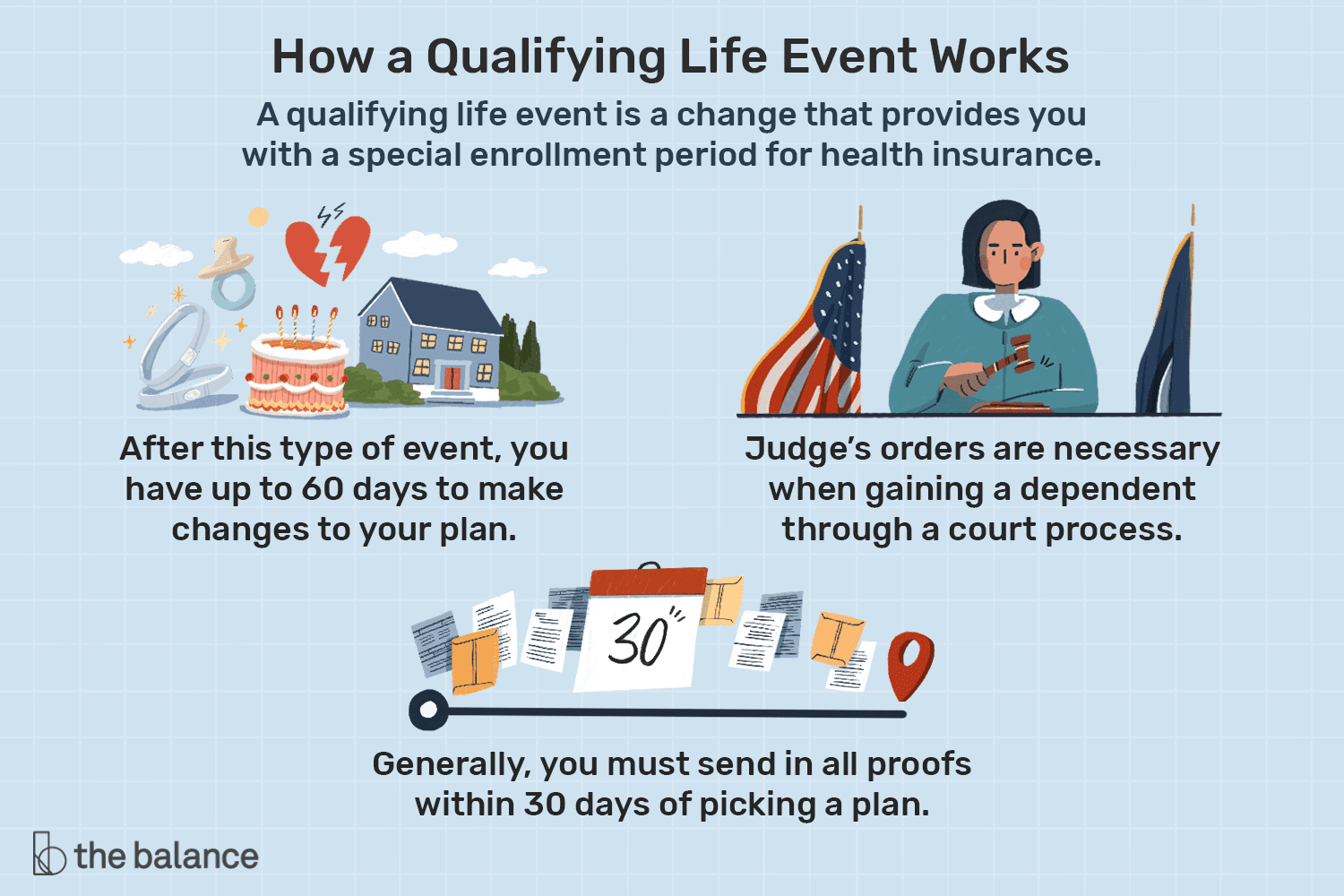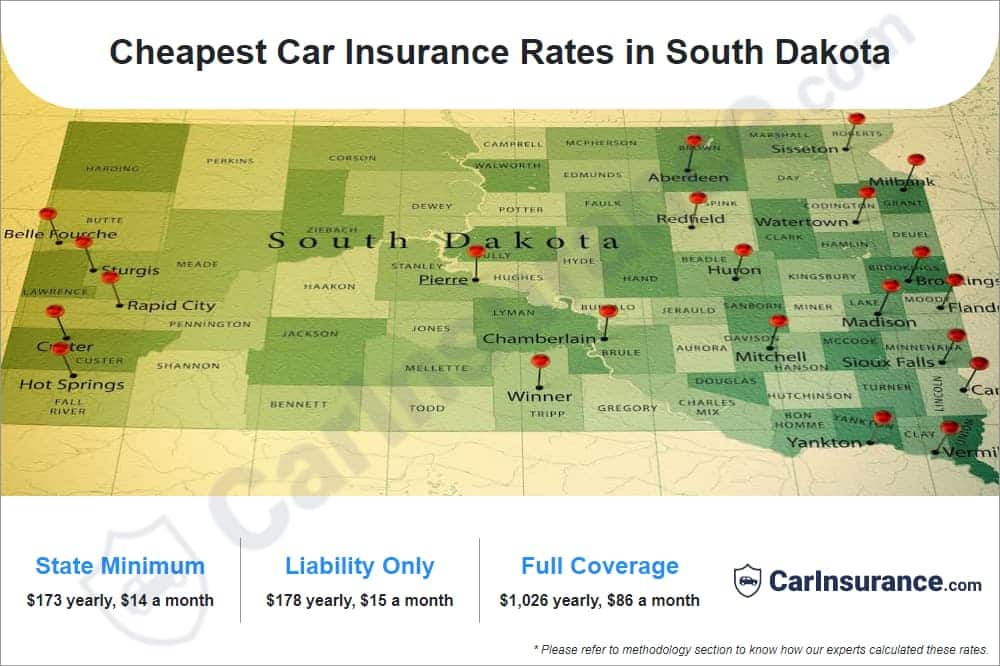
Vets insurance is a great way to keep your pets safe. It can also protect your practice, which can be a lifesaver in the event of an unexpected event. It can also protect your practice from damage by fire, or animals can block drains. These situations can lead to a high vet bill. However, a policy for veterinary surgery insurance will ensure that you and your staff are covered.
American Veterinary Medical Association, (AVMA), has a wide range of insurance options. They can help to find the right policy that covers your practice and your assets.
Insurance is essential for small veterinary practices. This can protect your business against a number of risks, from loss of income to legal action. A good veterinary policy will not only protect your practice but also allow you to focus on your business.
Key person absence coverage is a common protection offered by pet insurance. This covers your vet in case your pet needs it. However, it is not always possible.

Another common pet insurance feature is liability insurance. Liability insurance helps protect your business against lawsuits, damage or injury to your property and employees.
The vet fee coverage is the most important aspect of a vet insurance policy. The vet fee coverage can make the difference between paying a large bill and not. Your vet will get a percentage of your total vet bill if you pay your co-pay and deductible.
Also, be sure to check the deductible and the cost of a vets' insurance policy. Most policies will deduct some percentage of the total claim. This is usually a small percentage. Some pet insurance policies will not cover preexisting conditions. Be sure to carefully read your policy before you sign up.
Although there are many different types of pet insurance, most are designed to offer one key benefit. That is, they cover a veterinary fee for a certain condition, if not multiple conditions. Some insurance providers will only pay for the co-pay, and others will deduct the entire deductible. Compare quotes from multiple companies to get the best deal.
Whether you're running a small practice or a large operation, it's a good idea to purchase a veterinary surgery insurance policy. Many of the policies available can be tailored to your individual needs.

Even the most comprehensive plans will have limitations. The typical policy covers only the smallest medical claim. You may need to wait several years to be eligible for benefits. Some policies don't cover all conditions and some policies don't offer laboratory tests beyond a hospital.
You should remember that no insurance company will cover a preexisting condition. It is important to mention this to your vet before you sign up for a policy.